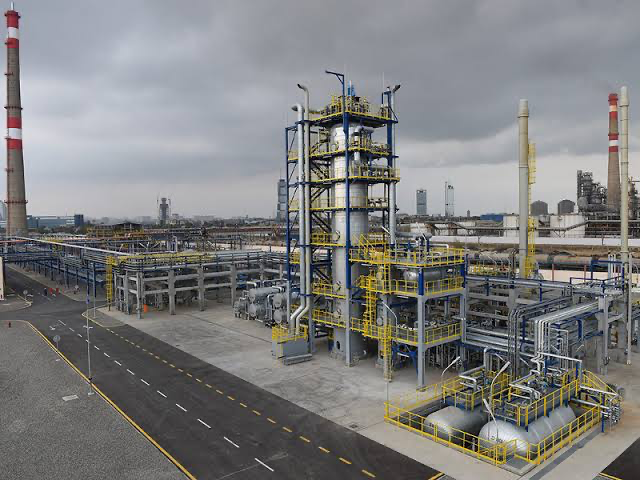Uganda has announced a new partner for its long-delayed oil refinery project, a United Arab Emirates (UAE) firm with no prior experience in the sector. The government hopes that the deal will speed up the development of the $4.5 billion facility, which is expected to process 60,000 barrels of crude oil per day.
The Energy Minister, Ruth Nankabirwa, said on January 23 that the government had signed a Memorandum of Understanding (MoU) with Alpha MBM Investments Llc, a private investment office led by Sheikh Mohammed bin Maktoum bin Juma Al Maktoum, a member of the Dubai Royal Family. The MoU outlines the cooperation and negotiation terms for the refinery, which will be located in Kabaale, Hoima District.
The minister said that the negotiations of the key commercial agreements between the government and Alpha had started on January 16 and were expected to be concluded within three months. She added that the new partner had to match the pace of development of the upstream projects, which had already started drilling works and were set to produce the first oil in 2025.
The refinery project has faced several setbacks since it was conceived in 2008, following the discovery of oil reserves in the Albertine Graben region. The government has struggled to find a reliable investor who can raise the required financing and deliver the project on time. Three previous investors – Russia’s RT Resources, South Korea’s SK Engineering, and the Albertine Graben Energy Consortium (Agec) – failed to materialize after initial talks.
The government also had an MoU with Sonatrach, the Algerian state-owned oil company, which was expected to step in once the Agec contract expired in June 2023. However, the minister did not mention the fate of the MoU or whether Sonatrach was among the bidders for the project.
The choice of Alpha, a firm with no track record in oil and gas, has raised some eyebrows among observers and critics. Ibrahim Ssemujju Nganda, an opposition lawmaker, questioned how the company was selected and whether it had the technical expertise and capacity to develop such a complex facility.
According to its website, Alpha has portfolios in mining, aviation, consultancy, trading, technology, education, logistics, and agriculture, but not in oil and gas. The website also does not provide any information on the firm’s previous projects or financial statements.
The government, however, has defended its decision, saying that Alpha has the financial muscle and the backing of the UAE government, which is a strategic partner for Uganda. The UAE is one of the largest importers of Uganda’s gold and coffee, and also a major source of foreign direct investment and tourism.
The refinery project is part of Uganda’s vision to add value to its natural resources and create a regional energy hub. The government owns 40 percent of the project, while the remaining 60 percent is allocated to the lead investor. The government has also invited the East African Community partner states to buy shares in the project, which will supply refined petroleum products to the domestic and regional markets.
The project also includes the development of a 211-kilometer multi-products pipeline from Kabaale to a distribution terminal in Namwambula, Mpigi District, a refined product storage terminal in Namwambula, and a raw water pipeline from Lake Albert to the refinery.
The project is expected to create thousands of jobs, boost the local economy, and reduce the country’s dependence on imported fuel. The government also hopes that the project will spur the development of other industries, such as petrochemicals, fertilizers, and plastics, that can utilize the by-products of the refinery.
The project is also seen as a complement to the East African Crude Oil Pipeline (EACOP), which will transport crude oil from Hoima to the port of Tanga in Tanzania for export. The EACOP project, which is led by TotalEnergies and CNOOC, is also expected to start operations in 2025.
Source: The East African



